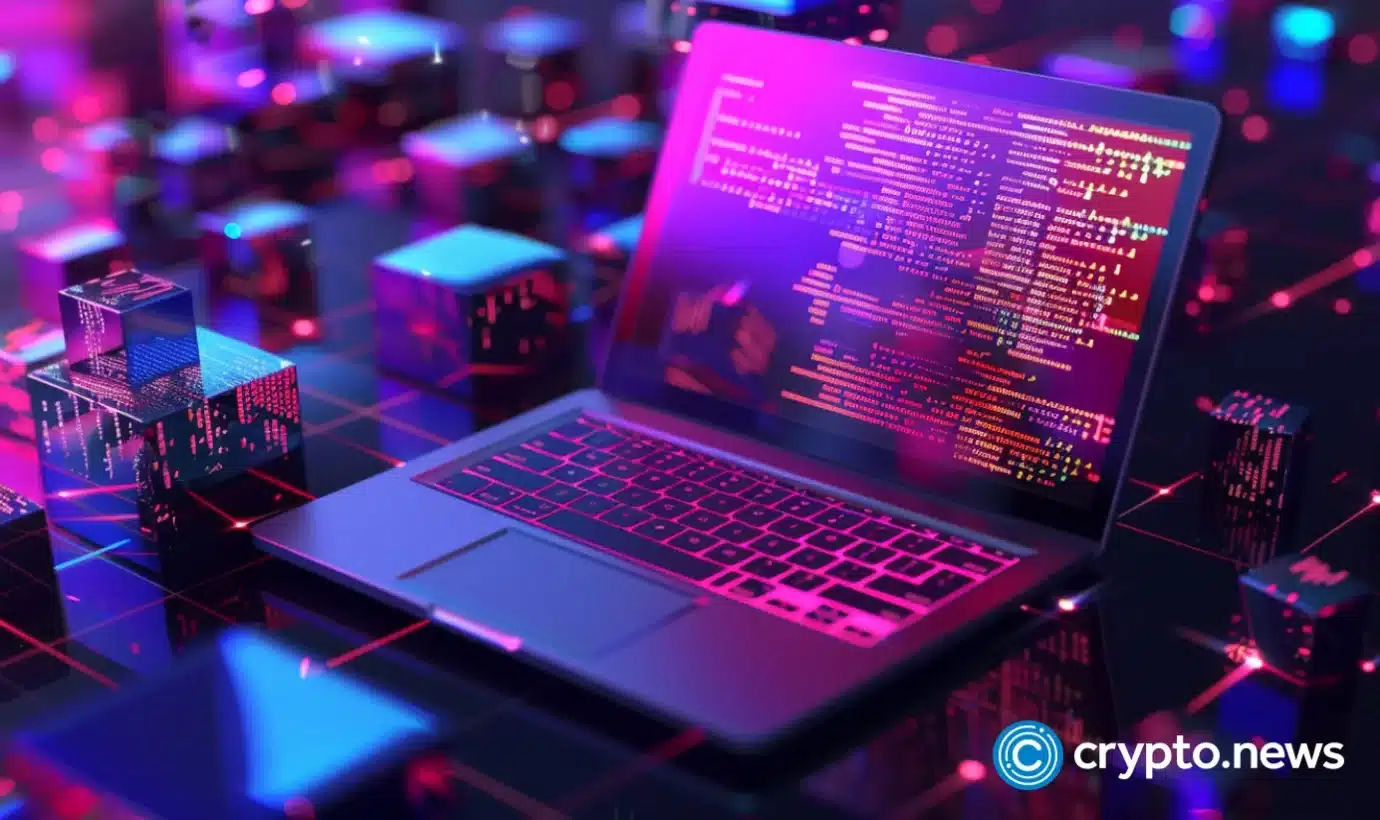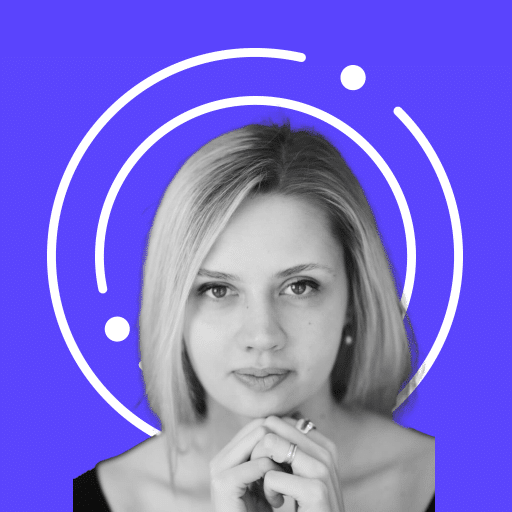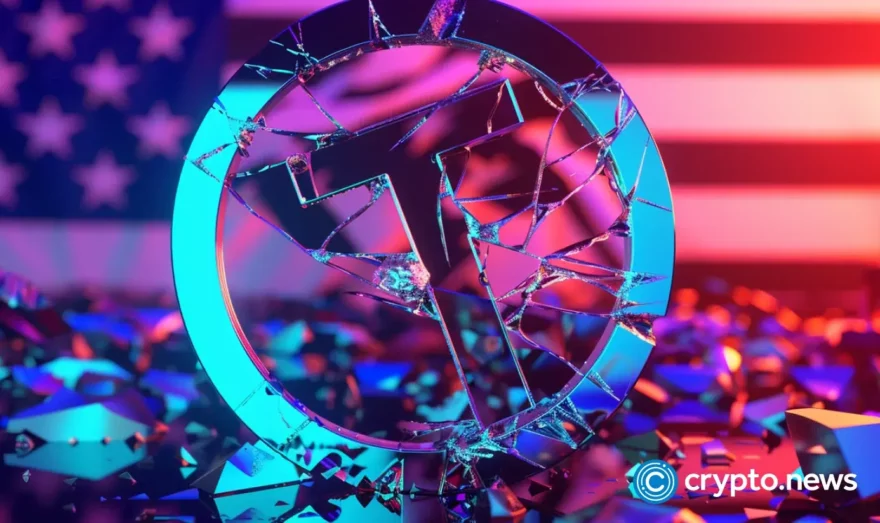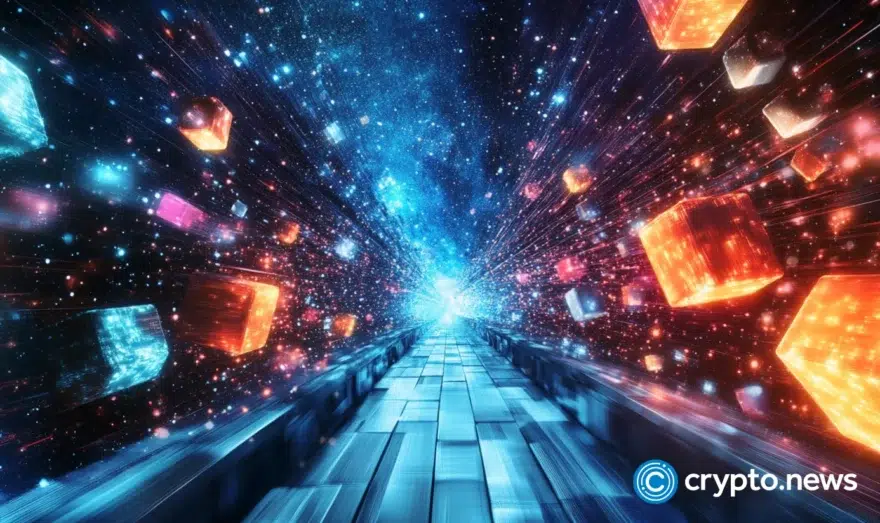What is a DAO: Decentralized Autonomous Organizations in crypto

DAOs, or Decentralized Autonomous Organizations, are anticipated by crypto enthusiasts to supplant conventional corporations in the future. So, let’s look at what DAOs in crypto are, how they work, and the advantages and challenges of this new token-based governance system. What does DAO stand for?
Table of Contents
Historical background
The development of blockchain and smart contracts gave rise to a new type of organization without hierarchy and centralized control. The concept of decentralized organizations first emerged in 2013, though back then, they were known as DACs (Decentralized Autonomous Corporations), not DAOs. Each of their subsidiary companies operated in a decentralized manner; their shares were tokenized, and agreements were made publicly. Every operation had a public code that could be verified. Over time, the concept evolved and became more universal.
What is a DAO?
What does DAO mean? Decentralized autonomous organizations (DAOs) are digital governance organizations powered by smart contracts running on blockchains. They enable automation and distribution of authority based on token incentives.
Issues such as lack of transparency, inability to access investment opportunities, censorship, and fraud persist in traditional organizations.
DAOs in crypto promise to address such issues by making decision-making in organizations more transparent and democratic, involving even the smallest stakeholder rather than a few rich folks in the upper echelon.
The approach taken by most DAOs can change the way we view businesses today. Imagine a regular customer or a member of staff having a real stake in a business and a say in its future activities.
How do DAOs work?
Although the underlying mechanism of most DAOs differs based on purpose, they all rely on the decentralized and immutable nature of blockchain networks (or distributed ledgers) to effectively function.
In a typical decentralized autonomous organization (DAO), a group of people with common interests gather online (often via Discord) to agree on certain goals and objectives that form the basis for the organization. The rules of the DAO are established by this group and encoded in a smart contract for all potential members to audit and verify so they can understand how the organization is to function at every step.
The next step is the funding process where members pool funds together to the DAO Treasury in exchange for governance tokens. These tokens represent the share of voting rights within the DAO usually proportional to the funds an individual contributes. The higher your amount of tokens, the higher your voting rights.
After all these processes, the DAO goes live on a blockchain network where all its activities are publicly recorded on-chain. At this point, the rules and structure of the DAO can’t be changed or adjusted except when token holders decide to do so via a consensus.
Members of a DAO make proposals about the future activities of the organization such as treasury allocation, protocol fixes, etc., and then vote collectively on these proposals. Proposals that pass a certain threshold of votes are automatically executed by smart contracts.
Some DAOs use structures where members assign their voting rights to more experienced individuals who can make critical decisions. The incentive to vote unbiasedly ultimately favors token holders as the growth/success of a protocol results in an increase in the value of its tokens.
Types of DAOs
Now let’s take a look at the different types of DAOs in crypto you may encounter in the budding world of web3.
Protocol DAOs
Protocol DAOs are formed to oversee the future of decentralized applications (DApps). For example, DeFi protocols wouldn’t be effectively decentralized if their developers were solely responsible for executing upgrades. To solve this challenge and foster decentralization, protocol DAOs allow users to manage a protocol using tokens collectively.
Governance tokens are often awarded to users based on their usage of a protocol by providing liquidity and holding some particular tokens.
Social DAOs
Social DAOs are organized around a group of people with similar interests who come together to form online communities managed through a governance token.
The focus may be to build a network of people who are like-minded in a particular area like arts, sports, or music. To join such DAOs, you usually have to hold a certain portion of their native tokens, fill out a questionnaire, or even be voted in by other members.
Investment DAOs
These DAOs democratize the investment process by pooling resources from members to invest in assets or start-ups (mostly crypto-based).
Investment DAOs allow average investors to access investment opportunities that are typically reserved for the top rich folks. This could be investing in DeFi protocols, buying rare NFT pieces, or even purchasing a sports team.
Philanthropy DAOs
In this type of DAO, members pool funds together to fund charitable organizations. Unlike investment DAOs, where members solely pool funds for investment purposes, expecting a return on their investments, members of philanthropy (or grant) DAOs may not get anything out of their efforts.
An example is the Ukraine DAO, which was able to raise $8 million in ETH for the Ukrainian army in their war against Russia.
Service DAOs
Similar to online talent acquisition firms, service DAOs consist of a group of talents worldwide that builds products and services. Contributors to such DAOs are usually assigned a governance token that they use in managing the DAO Treasury.
Clients of service DAOs include other crypto projects like DeFi protocols, GameFi projects, and other DAOs.
Media DAOs
Media DAOs aim to restructure media platforms by using token incentives to reward consumers and content creators.
Users who contribute via articles, graphics designing, marketing activities, research, podcasts, etc. receive a reward in the governance tokens of the DAO. This allows them to have a stake and contribute to decision-making in the DAO.
Advantages of DAOs
Let’s take a look at the benefits of DAOs.
- DAOs allow for a more transparent way of managing organizations.
- The structure of most DAOs is designed to favor stakeholders rather than a single entity.
- DAOs allow for the fractional ownership of large-scale investments that average investors can’t ordinarily afford.
- DAOs are proving to be a faster way for capital formation.
- DAOs are partially free from human intervention as decisions are automatically executed via smart contracts
Disadvantages of DAOs
While DAOs could help in improving traditional organizational structures, they also come with their fair share of challenges.
- DAOs could be somewhat slow in decision-making compared to traditional organizations.
- Smart contracts are prone to attacks that may result in the loss of funds.
- Some technical decisions require expertise that ordinary DAO members may not possess.
- Most countries lack regulatory frameworks for operating DAOs.
Real-world examples of DAOs
Now, let’s take a look at a handful of high-profile DAOs.
The DAO
Notable for causing the Ethereum hard fork, The DAO was the first attempt to create a decentralized autonomous organization. The DAO was supposed to be a kind of decentralized venture capital fund that allowed investors to pool funds in exchange for tokens that allowed them to vote on how to spend funds in its treasury.
The DAO was able to raise about $150 million in ETH within a month in an effort considering the largest crowdfunding campaign at the time. However, a malicious entity exploited some vulnerabilities in The DAO’s code to drain about $50 million.
Considering that the DAO held about 14% of ether at the time, it could have signaled an end for the Ethereum network. Hence, Ethereum miners decided to implement a hard fork that moved the stolen tokens to a new contract address, allowing members to withdraw their tokens in ETH.
Constitution DAO
In November 2021, a group of Twitter users pooled about $47 million worth of ETH in a smart contract to participate in an auction of a rare copy of the original US Constitution by Sotheby’s.
The group eventually lost to a bid of $43.2 million in the auction as they believed a higher bid wouldn’t be possible considering the extra funds they would have spent on moving and insuring the artifact. The group later refunded members their money by allowing them to redeem their tokens at a rate of 1 ETH: 1,000,000 $PEOPLE – the same rate at which they contributed.
MakerDAO
Launched in 2015 and fully operational on the Ethereum blockchain by 2017, MakerDAO has become a key player in the world of decentralized finance (DeFi). It introduced DAI, a stablecoin tied to the US dollar, designed to provide stability amid the ups and downs of cryptocurrencies. This breakthrough allowed financial professionals to convert volatile crypto assets into something more dependable, similar to the reliability of the US dollar.
Operating as a peer-to-peer lending platform, MakerDAO lets users borrow DAI by using other cryptocurrencies as collateral.
Uniswap
Uniswap is a decentralized exchange on Ethereum. Instead of using the regular order book found on other exchanges, it employs an Automated Market Maker (AMM) system. Basically, rather than matching specific buy and sell orders, Uniswap allows users to pool two assets together. These assets then trade directly with each other, and the price depends on the amount of each asset in the pool.
Uniswap operates without needing a central authority. If you own UNI tokens, you have a say in how things are managed. You can vote on matters such as the future management of Uniswap and which token pools should collect trading fees. It’s designed to give users more influence over how the exchange operates.
Dash DAO
Dash DAO is considered one of the earliest DAO projects. Dash structured its mining rewards in a way that 45% goes to miners, 45% to Masternodes, and 10% to a treasury. Masternodes vote on proposals for spending funds in the Treasury by locking up 1,000 DASH tokens. This is to ensure that voters have a significant stake in the effect of their decisions.
The Dash DAO says it has used funds in the treasury to hire developers and designers, purchase a domain name — Dash.org, sponsor conferences, purchase development hardware, and more.
How to join DAOs
Typically, anyone can take part in a DAO by purchasing the DAO’s token during a public token sale or on the open market (if available). Once an individual or a company holds tokens in a DAO, it can contribute to the project’s decision-making process by voting using its tokens.
However, if the DAO’s tokens are not available for sale to the public, joining a DAO may involve getting to know the team and building a relationship with members of the team before you are provided with access.
Future of DAOs
While it’s still early days in the world of Decentralized Autonomous Organizations, proponents are convinced that decentralized governance models will play an essential role in the next iteration of the internet.
Disclosure: This article does not represent investment advice. The content and materials featured on this page are for educational purposes only.
















